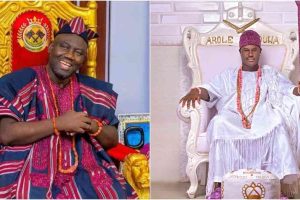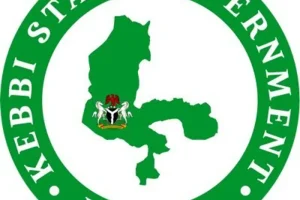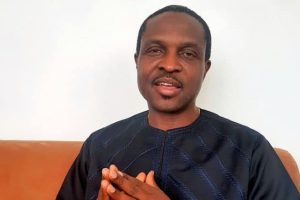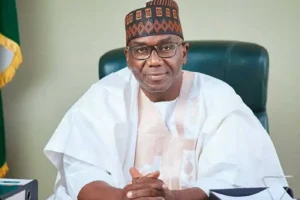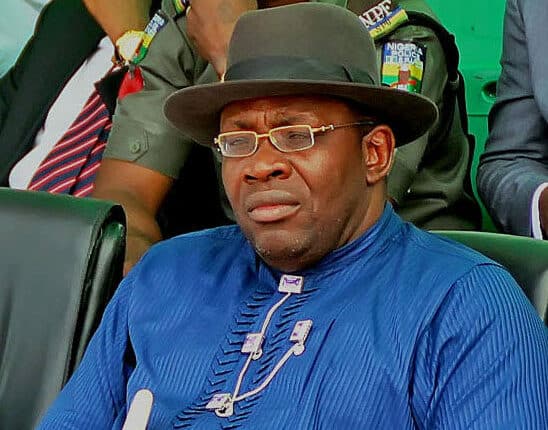
Senator Seriake Dickson, the Chairman of the Senate Committee on Ecology and Climate Change, has expressed confidence that the National Assembly will pass the Tax Reform Bills, despite significant opposition from various sectors of Nigerian society. Speaking with newsmen in Abuja on Monday, Dickson compared the potential passage of the tax bills to the successful passage of the Petroleum Industry Bill (PIB), which had also been met with widespread debates and resistance before it was eventually passed into law.
On October 3, 2024, President Bola Tinubu transmitted four critical tax reform bills to the National Assembly, aiming to strengthen Nigeria’s fiscal institutions and align with his administration’s broader development objectives. The proposed reforms were presented during plenaries by Senate President Godswill Akpabio and Speaker of the House of Representatives, Hon. Tajuddeen Abbas. According to the President, the bills are vital for reshaping Nigeria’s tax framework and supporting economic growth.
However, the bills have faced considerable opposition from various quarters, including governors, traditional rulers, civil society organizations, and some lawmakers, who argue that the reforms could negatively impact certain regions and economic sectors. Despite the pushback, the Senate passed the bills for a second reading last week. Meanwhile, the House of Representatives is yet to take significant action on the matter.
Senator Dickson responded to concerns about the public hearing on the bills, which some had feared might be chaotic due to inadequate consultations with stakeholders. He dismissed these concerns and encouraged individuals and groups opposed to the reforms to use the public hearing as an opportunity to present their views and facts. Dickson emphasized that, like all proposed laws, the tax reform bills must undergo the usual legislative process, which includes consultations, debates, and reviews before they can be passed.
Drawing on his experience with the passage of the Petroleum Industry Act (PIA), Dickson said, “The PIA was passed. We wanted 10% as proposed by President Yar’adua, but they (federal lawmakers) reduced it to 3%. Heaven did not fall. These tax reform bills will pass, and heavens will not fall.” He assured Nigerians that despite the controversy, the tax reform bills would successfully navigate the legislative process.
One of the key aspects of the proposed tax reforms that Dickson highlighted was the opportunity for regional fairness in the distribution of tax revenues. He explained that, currently, taxes from Bayelsa State are paid to Lagos State, a practice he believes should be corrected. “When there is consumption of any goods or services from any state, it should be calculated and paid to that state,” Dickson said, emphasizing the need to amend the existing tax laws to ensure that states receive appropriate revenues from activities within their borders.
Dickson acknowledged that some states might be concerned that the new tax sharing formula could result in lower earnings for them. He called on these states to bring forward their concerns, backed by statistical evidence, to ensure that the reform process is transparent and fair. “It’s for them to raise those issues and bring the statistics,” he said, adding that he was not driven by sentiments but by the principles of what is right and in the national interest.
Senator Dickson’s statements reflect his commitment to the tax reforms, emphasizing their long-term importance for Nigeria’s economic stability and fairness in fiscal distribution. While acknowledging the opposition, Dickson’s confidence in the eventual passage of the bills reflects a broader legislative push to overhaul Nigeria’s tax system and support national development goals. The public hearing will be a critical juncture in the process, providing a platform for debate and further consideration of the reforms.


